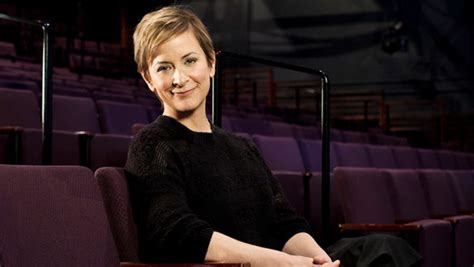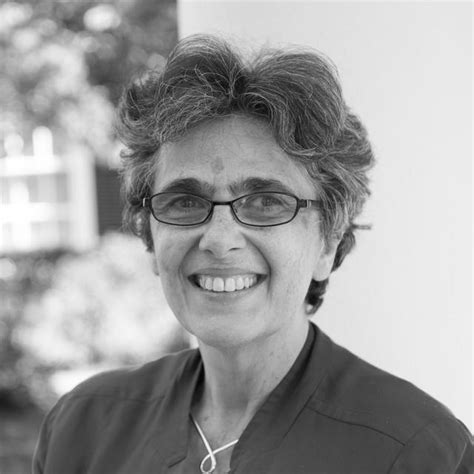A Quote by Bret Stephens
Perhaps if there were less certitude about our climate future, more Americans would be interested in having a reasoned conversation about it.
Related Quotes
I realized that most white Americans knew very little about our history and our struggle, and were having difficulty understanding the basis for our agitation and our resistance and our complaints. I also discovered that while black Americans had a sense of the beauty and tragedy of the journey from the time of slavery until now, we were not rooted in the specifics. I thought one way to familiarize people with that history would be through the voices of the great folk artists.
I think that we need to have an honest conversation in this country. This idea that somehow we're beyond sexism, beyond racism is just wrong. And this is where having an honest conversation with white men about their issues and their concerns, and having honest conversations about the experiences that African-Americans are still having, despite who's the president of the United States, in the criminal justice system that we see in sentencing, we see in policing and a lot of these issues.
There are a lot of polls that show that actually Americans have a pretty high opinion of teachers, that Americans think teachers are just about as prestigious as doctors. And yet there's this political conversation - this reform conversation - that paints a very negative picture of the effectiveness of the teaching population. So there's definitely a tension between the way teaching is talked about and understood at the political level and how everyday average Americans think about teachers.
If Americans actually have the conversation about our disastrous prison policies, we'll understand the trends all move in very dangerous directions: we lock up more people, for less violent crime, at ever greater expense, breeding more dangerous criminals who often come out unemployable, violent and isiolated.
If you're interested in doing something about climate change as we all should be, all of us who care about future people and creatures that will inhabit this world. Then buying a Prius is a good thing but an even better thing would be to be on the streets demanding urgent action from the United States' Congress.
































